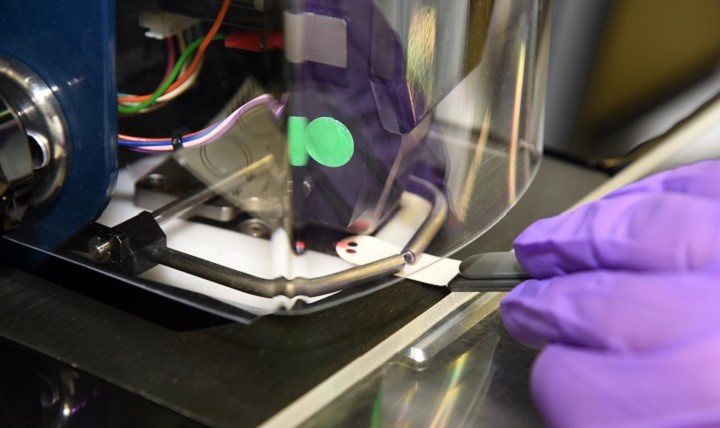DNA donors must demand stronger protection for genetic privacy
By Mason Marks and Tiffany Li,
Stat News
| 05. 30. 2018
The National Institutes of Health wants your DNA, and the DNA of 1 million other Americans, for an ambitious project called All of Us. Its goal — to “uncover paths toward delivering precision medicine” — is a good one. But until it can safeguard participants’ genetic privacy, you should decline the invitation to join unless you fully understand and accept the risks.
DNA databases like All of Us could provide valuable medical breakthroughs such as identifying new disease risk factors and potential drug targets. But these benefits could come with a high price: increased risk to individuals’ genetic data privacy, something that current U.S. laws do not adequately protect.
This month, the NIH announced it was throwing open the doors to enrollment in All of Us. This comes at a time when genetic and data privacy is in the public eye. In late April, California police caught the alleged “Golden State Killer” by using an online DNA database called GEDmatch. In mid-May, the same database was used to help solve a double homicide committed in...
Related Articles
By Julia Métraux, Mother Jones | 02.10.2026
Why was Jeffrey Epstein obsessed with genes? In the latest tranche of Epstein records and emails made available by the Department of Justice, themes of genes, genetics, and IQ—alongside more explicit threads of white supremacy—keep cropping up, often adjacent to Epstein’s...
By Teddy Rosenbluth, The New York Times | 02.09.2026
Dr. Mehmet Oz has urged Americans to get vaccinated against measles, one of the strongest endorsements of the vaccine yet from a top health official in the Trump administration, which has repeatedly undermined confidence in vaccine safety.
Dr. Oz, the...
By Ava Kofman, The New Yorker | 02.09.2026
1. The Surrogates
In the delicate jargon of the fertility industry, a woman who carries a child for someone else is said to be going on a “journey.” Kayla Elliott began hers in February, 2024, not long after she posted...
By Alex Polyakov, The Conversation | 02.09.2026
Prospective parents are being marketed genetic tests that claim to predict which IVF embryo will grow into the tallest, smartest or healthiest child.
But these tests cannot deliver what they promise. The benefits are likely minimal, while the risks to...




